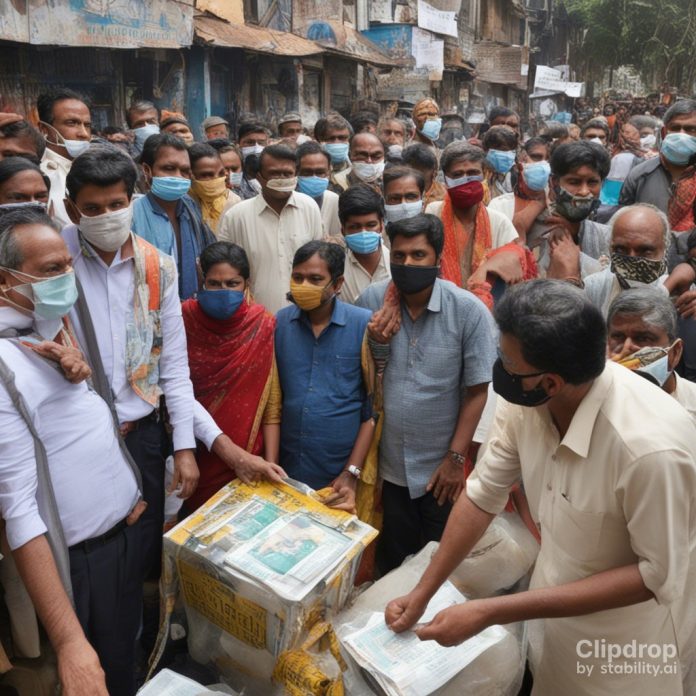Introduction
In the wake of the COVID-19 pandemic, the world has undergone significant transformations, and India is no exception. As the country grapples with the challenges of a post-pandemic era, it’s essential to reflect on the lessons learned during the crisis, especially in the context of election campaigning. Elections are the lifeblood of any democratic nation, and the pandemic forced political parties and candidates to adapt to unprecedented circumstances. In this blog, we will explore the valuable lessons that can be gleaned from election campaigning during the pandemic in India.
- Digital Campaigning Takes Center Stage
One of the most prominent lessons from the COVID-19 pandemic is the pivotal role of digital campaigning. With physical rallies and mass gatherings restricted to curb the virus’s spread, political parties had to pivot to digital platforms to reach voters. Social media, virtual town halls, webinars, and digital advertising became the new norm for engaging with the electorate.
This shift highlights the importance of a robust online presence for political parties and candidates. Post-pandemic India should continue to harness the power of digital platforms for election campaigning. Building a strong online presence allows for wider outreach, targeting specific demographics, and real-time engagement with voters.
- Data-Driven Campaigning
Data-driven decision-making became even more critical during the pandemic. Tracking and analyzing data related to voter sentiment, concerns, and preferences became essential for tailoring campaign messages and strategies effectively. Advanced analytics and AI tools can help political parties and candidates make informed decisions about where to allocate resources and how to craft persuasive messages.
Additionally, contact tracing and voter identification can be improved through data analytics, ensuring a more efficient and targeted campaign effort. The post-pandemic era should see a continued emphasis on data-driven campaigning to maximize outreach and impact.
- Public Health Messaging Matters
The pandemic taught us that public health messaging is not limited to the domain of healthcare professionals. Political leaders must also play a crucial role in disseminating accurate information and promoting responsible behavior. Effective communication regarding vaccination, preventive measures, and healthcare infrastructure became integral to political campaigns.
In a post-pandemic India, political leaders should prioritize public health messaging and demonstrate a commitment to the well-being of the electorate. This can help build trust and credibility, vital for garnering support during elections.
- Adaptability and Resilience
The pandemic underscored the importance of adaptability and resilience in election campaigning. Political parties that quickly adapted to changing circumstances and found innovative ways to connect with voters fared better during the crisis. This adaptability also extended to campaign promises and priorities, with parties revising their agendas to address the immediate needs of the population.
Post-pandemic India should continue to value adaptability and resilience in election campaigns. Political leaders who can respond effectively to unforeseen challenges and prioritize the welfare of citizens are likely to be more successful in securing electoral support.
- Grassroots Engagement Remains Essential
Despite the digital shift, grassroots engagement remains a cornerstone of effective election campaigning in India. The pandemic reinforced the importance of community outreach and local-level connections. While digital platforms can amplify a campaign’s reach, they cannot replace the personal touch of meeting constituents in their communities.
Candidates should continue to prioritize grassroots engagement, listening to the concerns of their constituents, and addressing them directly. Local issues matter, and voters appreciate candidates who are accessible and responsive to their needs.
Conclusion
The COVID-19 pandemic reshaped election campaigning in India and around the world. As we navigate the challenges of a post-pandemic era, the lessons learned during this crisis should not be forgotten. Digital campaigning, data-driven decision-making, public health messaging, adaptability, and grassroots engagement are valuable takeaways that can shape the future of Indian politics. By embracing these lessons, political parties and candidates can better serve their constituents and strengthen the foundations of Indian democracy.

